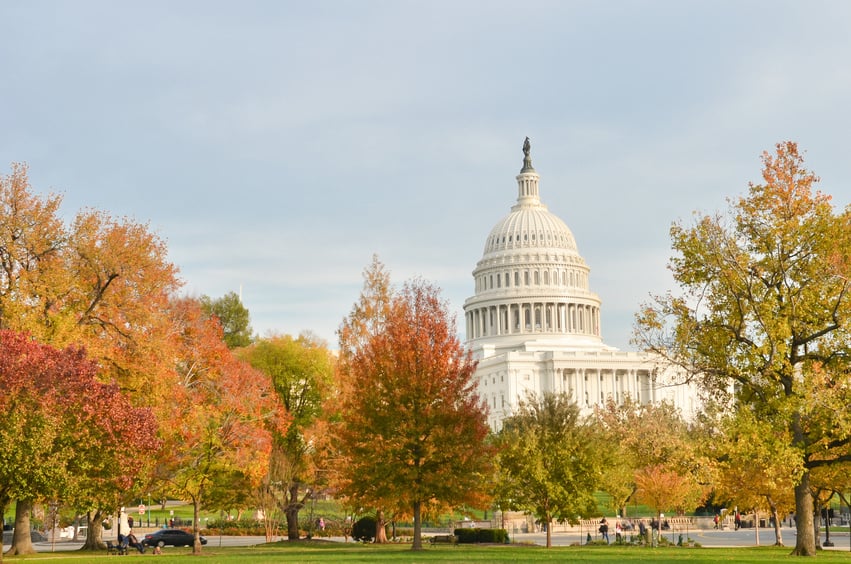On 2 November 2022, the Intellectual Property Tribunal of the Supreme People’s Court published its decision on the trade secret infringement case of Wuwei Bosheng Seed Industry Limited Company (Appellant) v. Hebei Huasui Seed Industry Limited Company. This case raised the untested question of whether parent material used in breeding can be protected as a trade secret in China.
Now that sustainability is a board-level issue, companies are under immense pressure to ensure their supply chains are environmentally and ethically accountable. The motivation may come from internal business, consumers, government, shareholders—or all of them. There are targets, commitments, deadlines, and board pressure to match words with deeds.
KPPU, the Indonesian competition authority, issued 15 decisions this year, a decline from 23 decisions in 2021. Late merger filing cases still account for the majority of decisions, followed by small and micro enterprises partnership cases. The increasing number of SME partnership cases suggests closer scrutiny by KPPU of partnerships between big and medium corporations and SMEs, which is in line with KPPU’s priorities as the pandemic subsides.
US agencies such as the SEC, the CFTC and the FTC have extensive enforcement powers to seek significant financial penalties and limit or otherwise affect conduct through court injunctions or administrative orders. Companies and executives under investigation and threatened with enforcement actions by these agencies often choose to settle rather than litigate. Historically, from as cost-benefit analysis, settlement is preferable to the cost of litigation and the long term risks of extensive fights with agencies that would continue to be their regulators.
On 7 October 2022, the Investigative Authority of the Federal Economic Competition Commission (COFECE) published the notice of initiation of an investigation for alleged horizontal monopolistic practices, also known as cartel practices, which include agreements to manipulate prices, restricting supply, or coordinating bids in the market for the production, distribution, and commercialization of flat glass and products manufactured from flat glass in the national market.
The Superintendence of Industry and Commerce, the sole authority for competition protection in Colombia, issued a Guide to Provide Orientation in the Implementation of Competition Compliance Programs. Although the Guide has a doctrinal scope and does not impose obligations, its publication allows the market to understand the vision that the SIC has on the relevance of these types of programs, the benefits of implementing them, and the key elements that they should contain and develop. In this way, the SIC highlights the value of these programs as a mechanism for the prevention and early detection of anticompetitive conduct.
On 6 December 2022, the US Department of Justice announced the unsealing of an 11-count indictment filed in the US District Court for the Southern District of Texas charging 12 individuals from Texas and Mexico in a violent conspiracy to monopolize the transmigrante industry in Texas.
Companies looking for ways to ensure their supply chains are environmentally and socially ethical often doubt whether they can effect change alone. Companies in certain industries may decide that a joint initiative can be more effective in developing industry-wide standards, and may determine that working together could be more efficient to meet these goals or objectives. However, such collaborations may raise antitrust risks, and many competition authorities are starting to increase scrutiny of these types of collaborations.
The Secretary of Commerce sanctioned a series of nightclubs in the city of Bariloche for cartel practices. For the first time in Argentina, the sanction included an order to divest part of the assets of one of the companies involved in the cartel.
After a long legislative process, a new Brazilian Federal law on cartel damages claims was enacted and entered into force (Law No. 14.470/2022) on 17 November 2022. The statute comes with new provisions that are expected to significantly increase incentives for these lawsuits in Brazil. According to the new statute, those who suffered damages due to cartel agreements and concerted practices affecting Brazilian markets will be able to reclaim twice the value of their losses.



